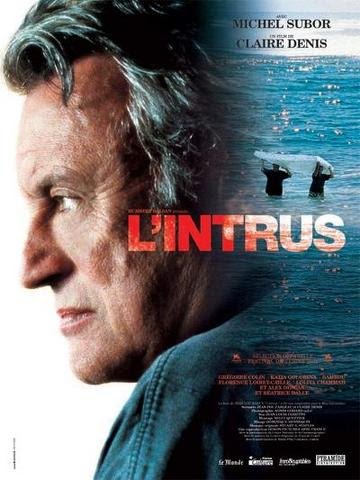There's a quality to Denis' work that is rarely commented upon, as far as I've seen anyway, and that's her generous approach to empathy. Not simply for the main players in her narratives or docs, but for all people. She is a woman who's gaze does not show preference, it merely wanders and lingers, it allows all those within its frame(s) to exist and live either with dignity or struggling to achieve dignity. Here, it's more the former than the latter.
In what may be her simplest, or certainly the slightest, narrative she's made, she defines her characters as those who deserve our most respect. These are people who work not to achieve some higher status or fortune, but simply for the pleasure of working. To exist within the means of their living. We are not asked to identify with those who are so different from us - a superhero, a mercenary, a spy, etc. - these are men and women who work jobs some might think unnecessary, but they find fulfillment in the connections made and earning a living.
Denis' vision as always been one of inclusion, of all people, all sexes, but rarely has her view ever been so gentle. So completely understanding of the stillness and subtlety of those she's shooting. Often described as a filmmaker who's focus on "the body" is paramount to her perspective and in understanding her films. But as stated above, it isn't her gaze upon the bodily form(s) as much as the space she gives her performers to exist. The form is simply allowed to be, it does not have to be in motion or posing. Though one could certainly say this is the influence of Ozu on her specifically within this film, but it exists outside of it.
Perhaps it was all just building up inside of her after years and years of making films that are darker and more oblique. The desire to return to something simpler, calmer. One typically associates building emotions to that of anger and rage or sadness, one does not typically explode after holding happiness within after _____ period, but for Denis this does feel like something cumulative. A sigh or a long exhale after years of making films that can feel almost oppressive in their emotional and conceptual weight (to me at least). It was time for her to at least release and make a film that simply breathes.























